|
Cumulative final exams, licensing exams, masters comprehensive exams, doctoral qualifying exams - all are BIG! And effective study strategies focus on consolidating large amounts of information into tenable concepts that can be applied to whatever question thrown at you. Instead of getting bogged down in the details, painting the big picture is where you want to start.
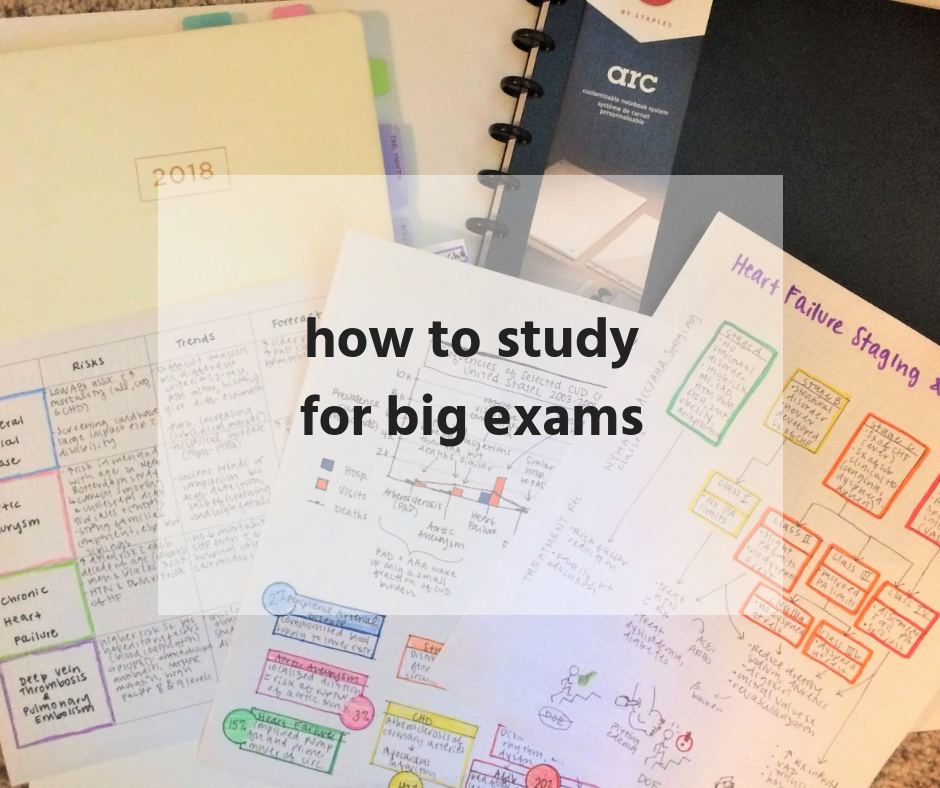
Materials in this photo: Arc Discbound Notebook (Letter Size, Poly Cover) | Office by Martha Stewart Discbound Dividers (5-tab, also available in 8-tab) | Planner by Blue Sky, no longer available | Printable Graph Paper
*affiliate links
In this post, I'll walk you through some strategies that will help you make this process as painless as it could be. Be forewarned, these are not your typical lecture-quiz-exam study methods, so they'll feel foreign and uncomfortable. But practice makes perfect, and after about a week long learning curve you'll look forward to study sessions and feel efficient and knowledgeable.
Use Outlines to Identify Patterns
Then when it's complete, you can step back and compare between topics, like my risk factors. How does measurement and distribution compare between different risk factors? What challenges are faced by some but not others?
Re-organize Information
Making Connections
It's these big picture concepts that you're often asked about on graduate-level exams. If you can anticipate them and incorporate them into your studying, you'll be better prepared. That's studying for the big picture!
What study tips do you have for big exams? What questions are you left with? Let us know in the comments.
BD
0 Comments
Your comment will be posted after it is approved.
Leave a Reply. |
popular postsLike what you read?
categories
All
archives
July 2024
This website uses marketing and tracking technologies. Opting out of this will opt you out of all cookies, except for those needed to run the website. Note that some products may not work as well without tracking cookies. Opt Out of Cookies |
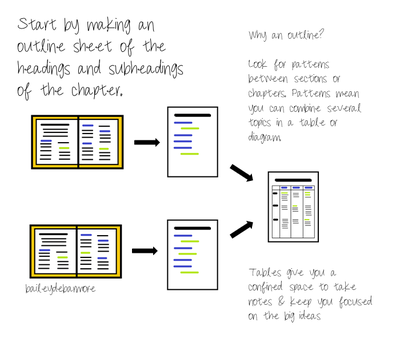
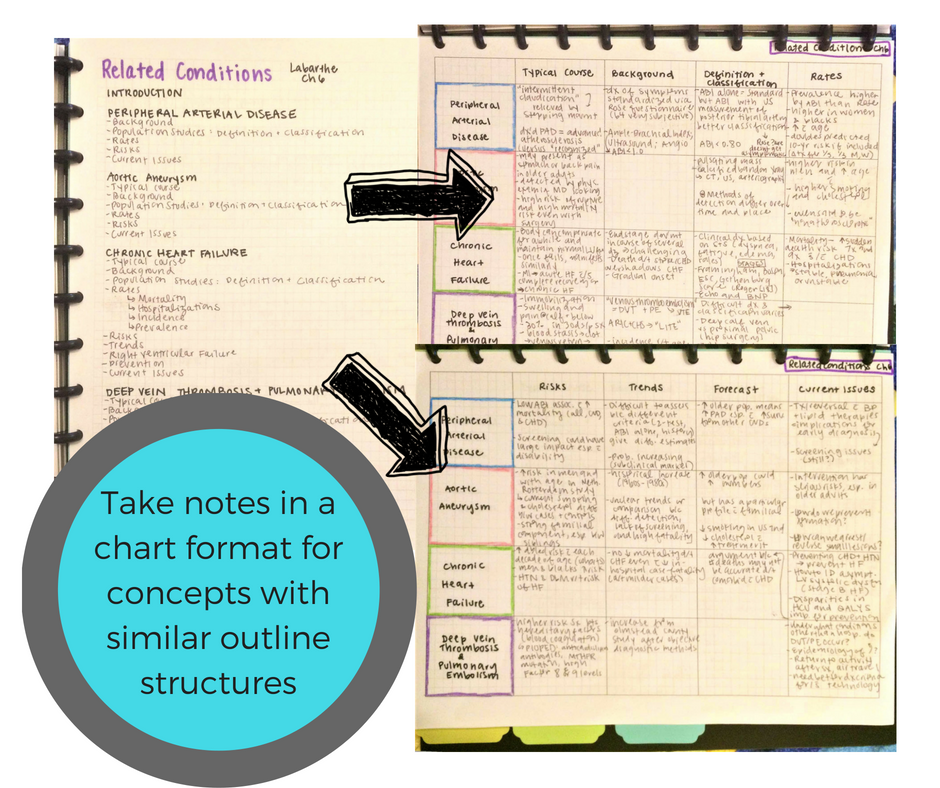
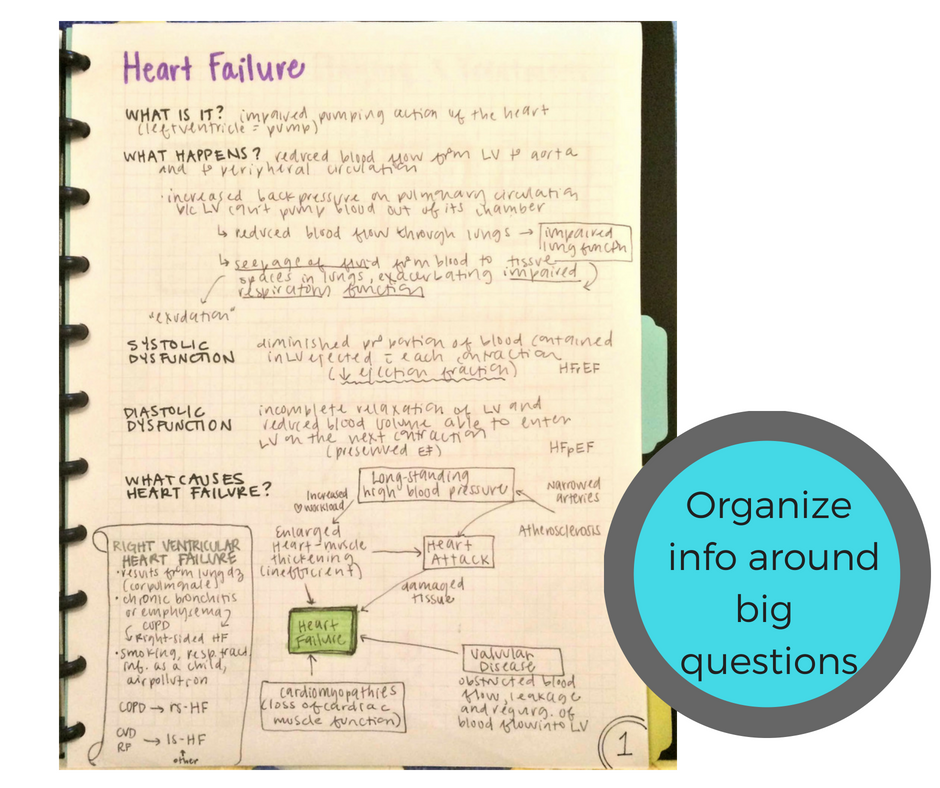
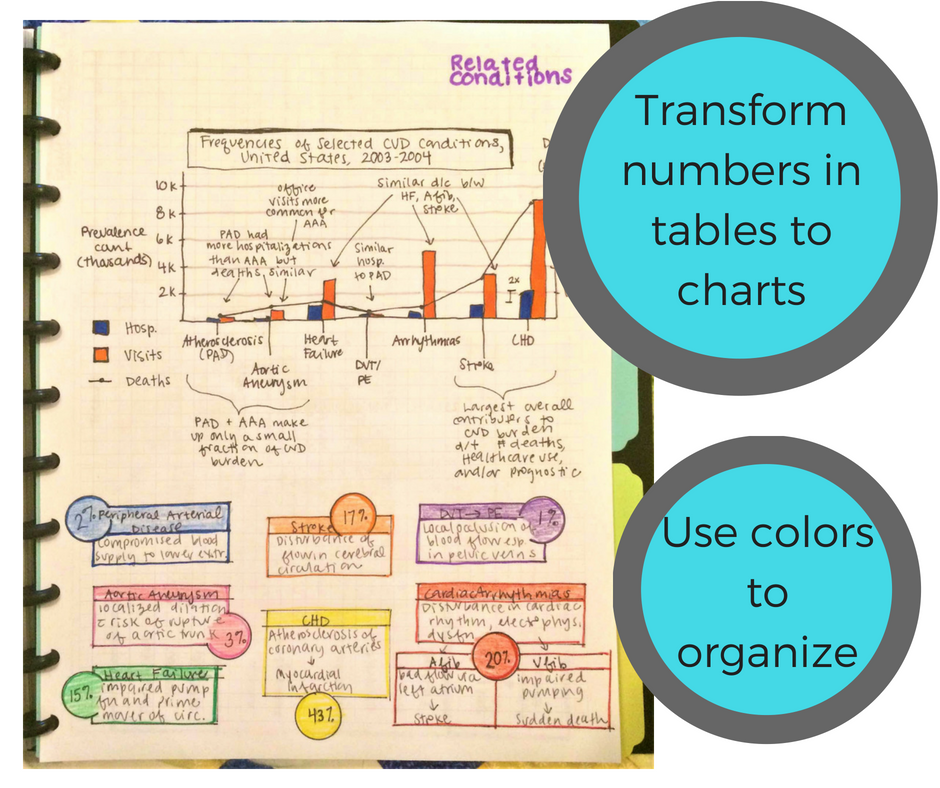
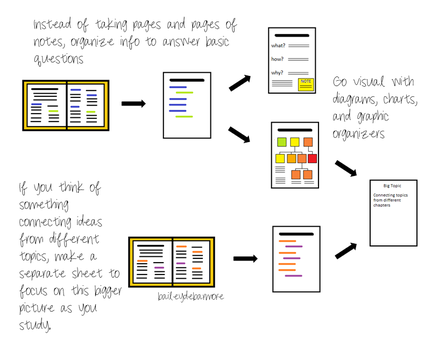
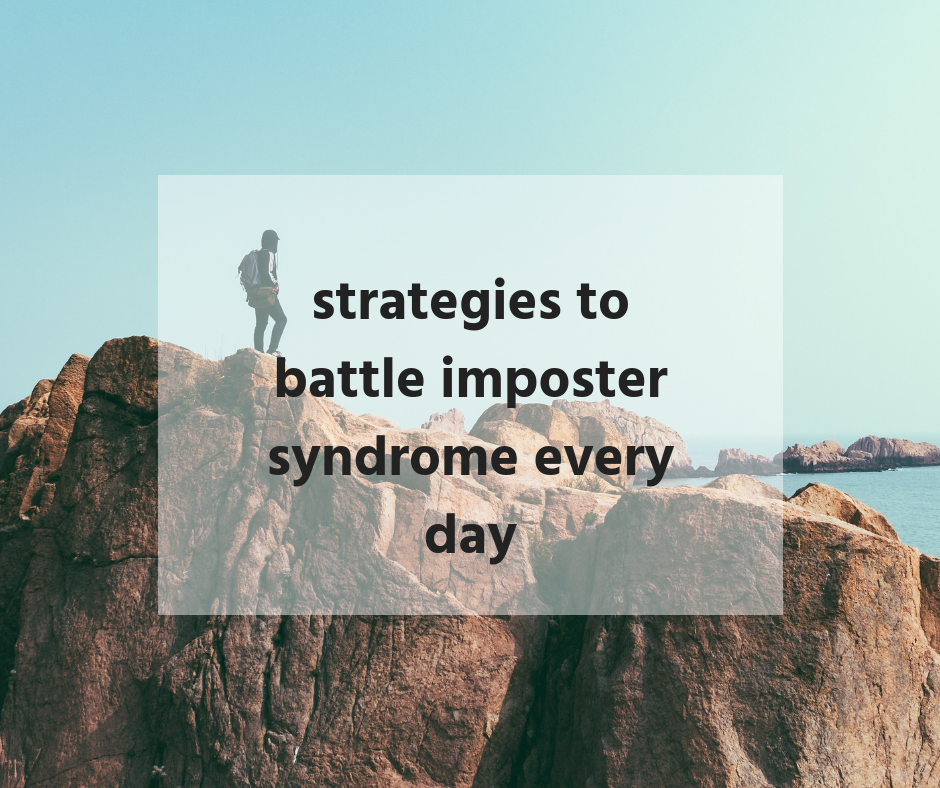





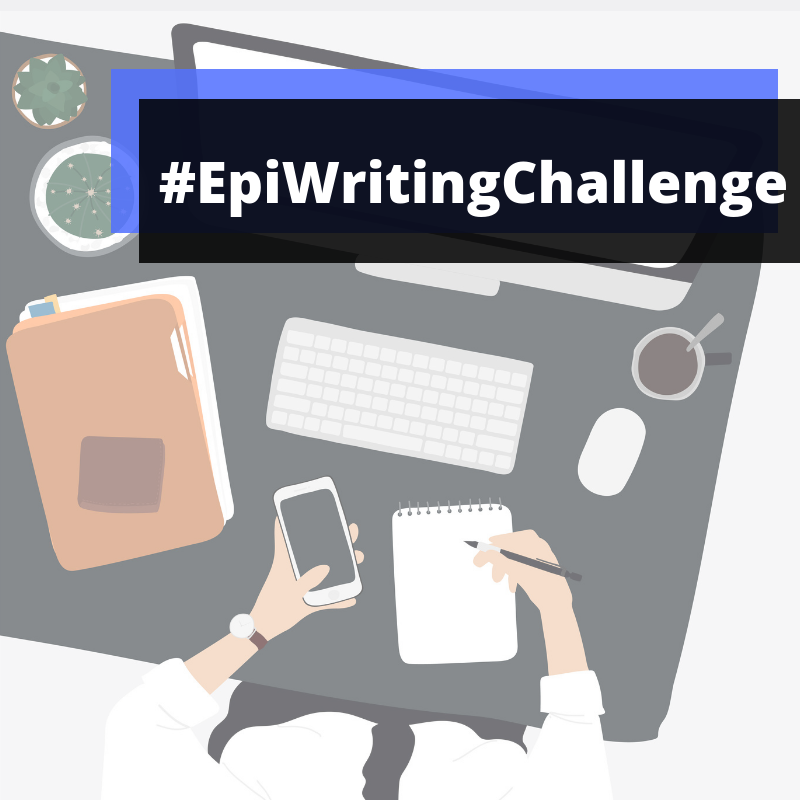

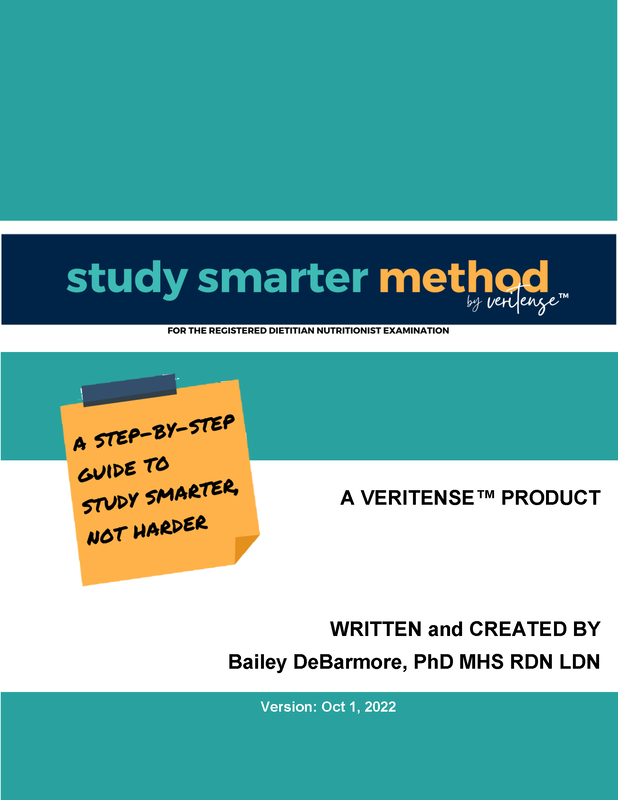

 RSS Feed
RSS Feed